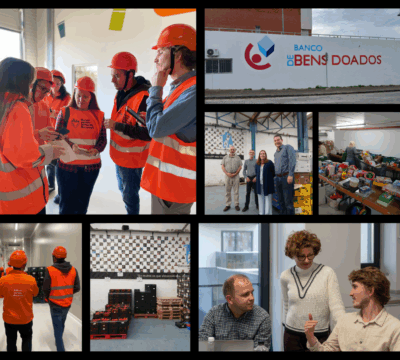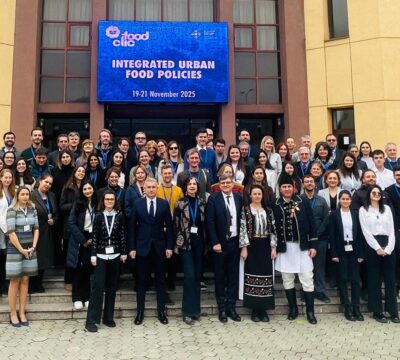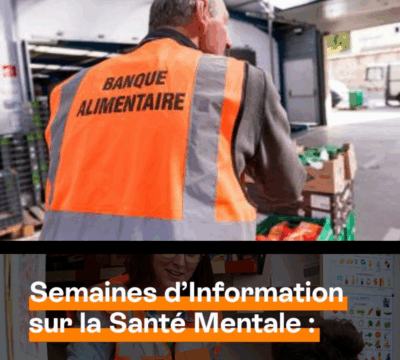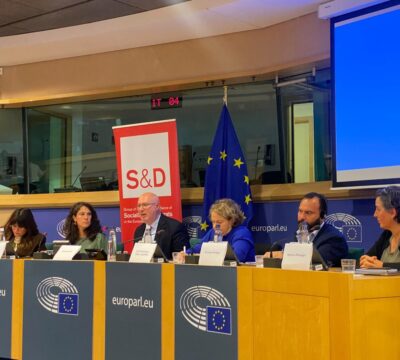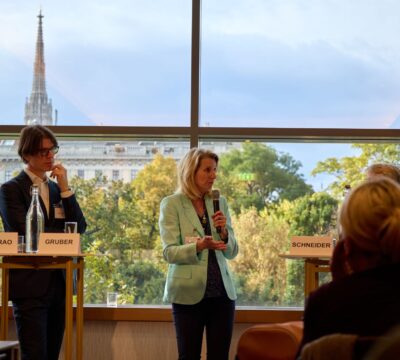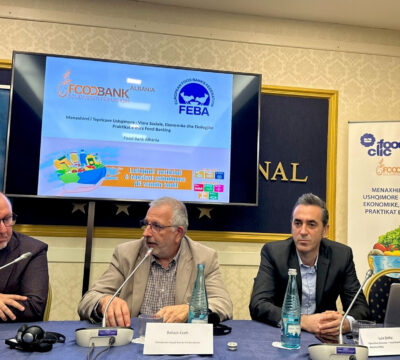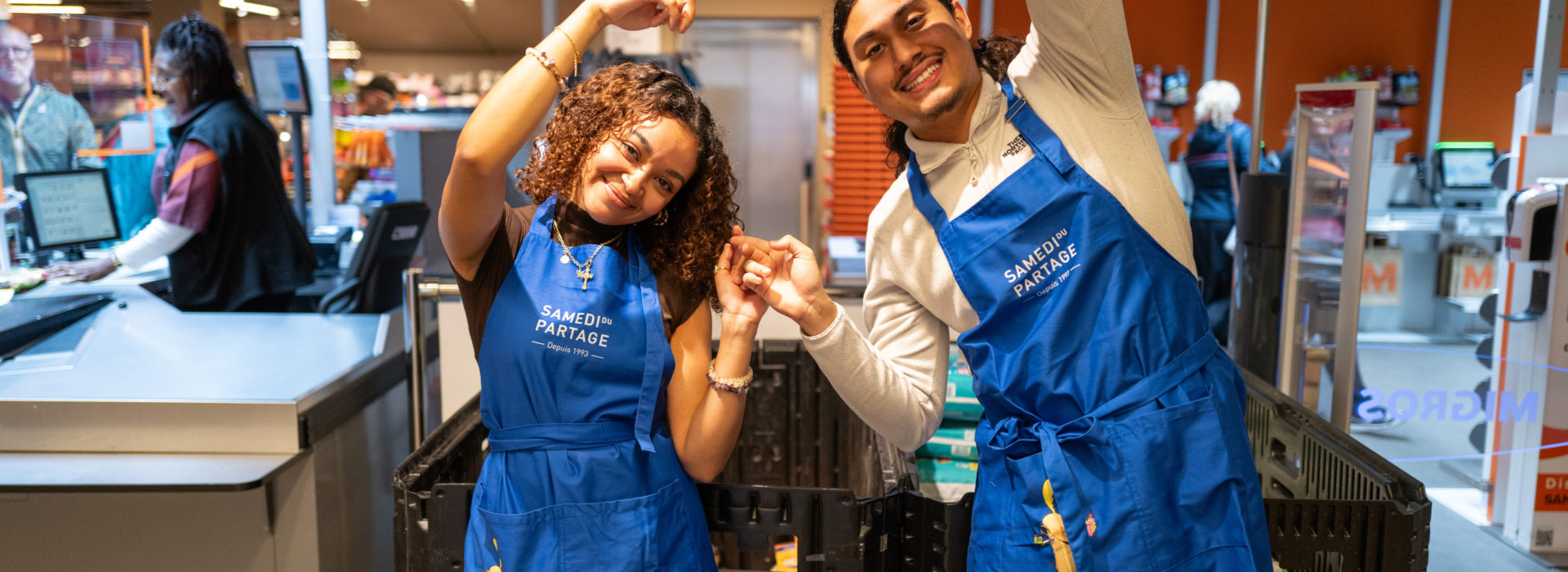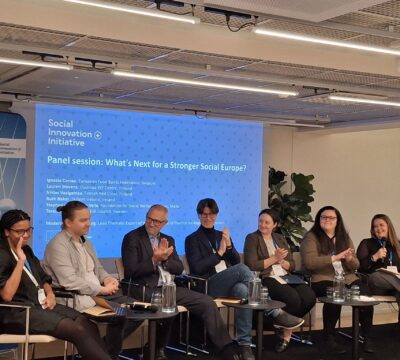 Policy
Policy
FEBA Advances Food Recovery and Material Support Strategies at Social Innovation+ Initiative in Helsinki
FEBA’s Senior Policy Officer recently participated in the impactful event, “Uniting Efforts: From Material Support to Skills Development for a Strong Social Europe,” held on November 12–13, 2025, in Helsinki.
